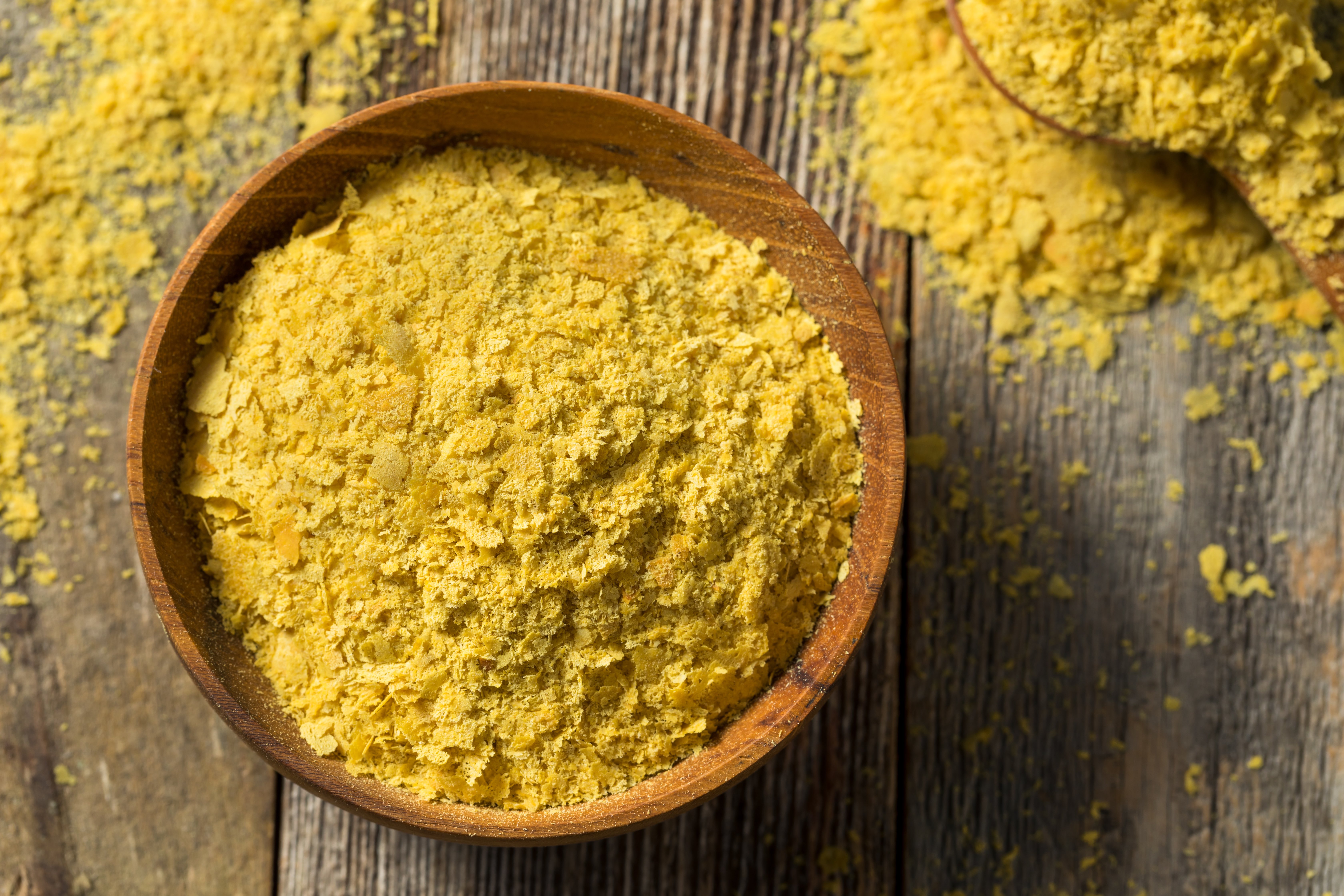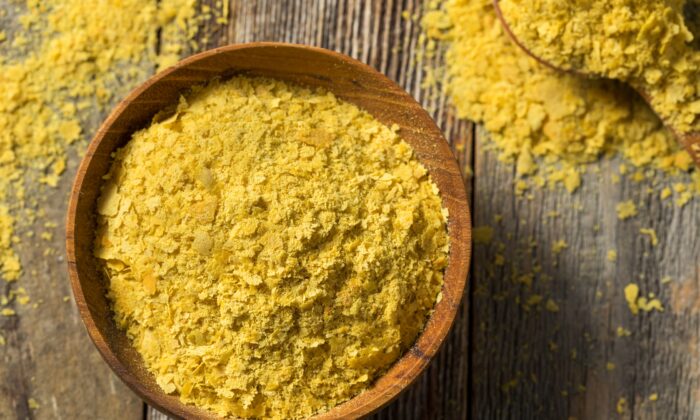
Nutritional yeast, once a vegan pantry staple, has now become mainstream and can be found in most well-stocked grocery stores. This trend aligns with the growing popularity of plant-based and whole foods in recent years.
Available in golden flakes, granules, or powder form, nutritional yeast can be added to various recipes or sprinkled on foods for its savory, “cheesy” taste. Its popularity stems from both its nutritional value and delicious flavor.
Powerful Nutrition
Nutritional yeast can be purchased fortified or unfortified. Unfortified nutritional yeast contains only naturally occurring nutrients, while fortification adds additional vitamins, especially B vitamins.
Nutritional yeast is rich in various B vitamins, including B6, thiamine, folate, niacin, riboflavin, and notably, 130% of the recommended daily value of vitamin B12, which is typically found in animal products.
Courtney Pelitera, a registered dietician, mentioned that nutritional yeast is one of the few vegan sources of vitamin B12. A 16-gram serving also provides 8 grams of complete protein, containing all nine essential amino acids required from food.
Additional Health Benefits
Research indicates that Saccharomyces cerevisiae-derived yeast may offer health benefits. Nutritional yeast contains beta-glucan, a type of fiber also found in oats and barley.
While research on yeast-derived beta-glucan is limited, studies suggest it may have a cholesterol-lowering effect similar to oat-derived beta-glucan.
Considerations
Although nutritional yeast is nutrient-dense, individuals with yeast sensitivities such as IBS or Crohn’s disease should use it cautiously. It’s advisable to consult a doctor if there are concerns.
Overall, nutritional yeast is a highly beneficial product for vegans and vegetarians seeking a nutrient-rich, versatile food option.






